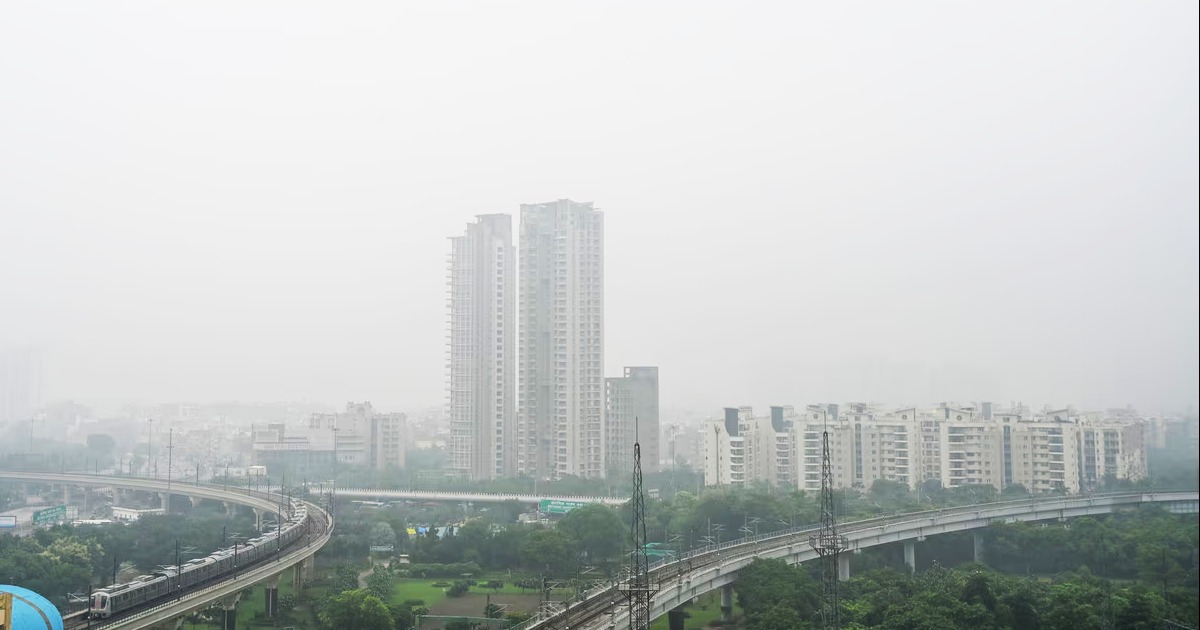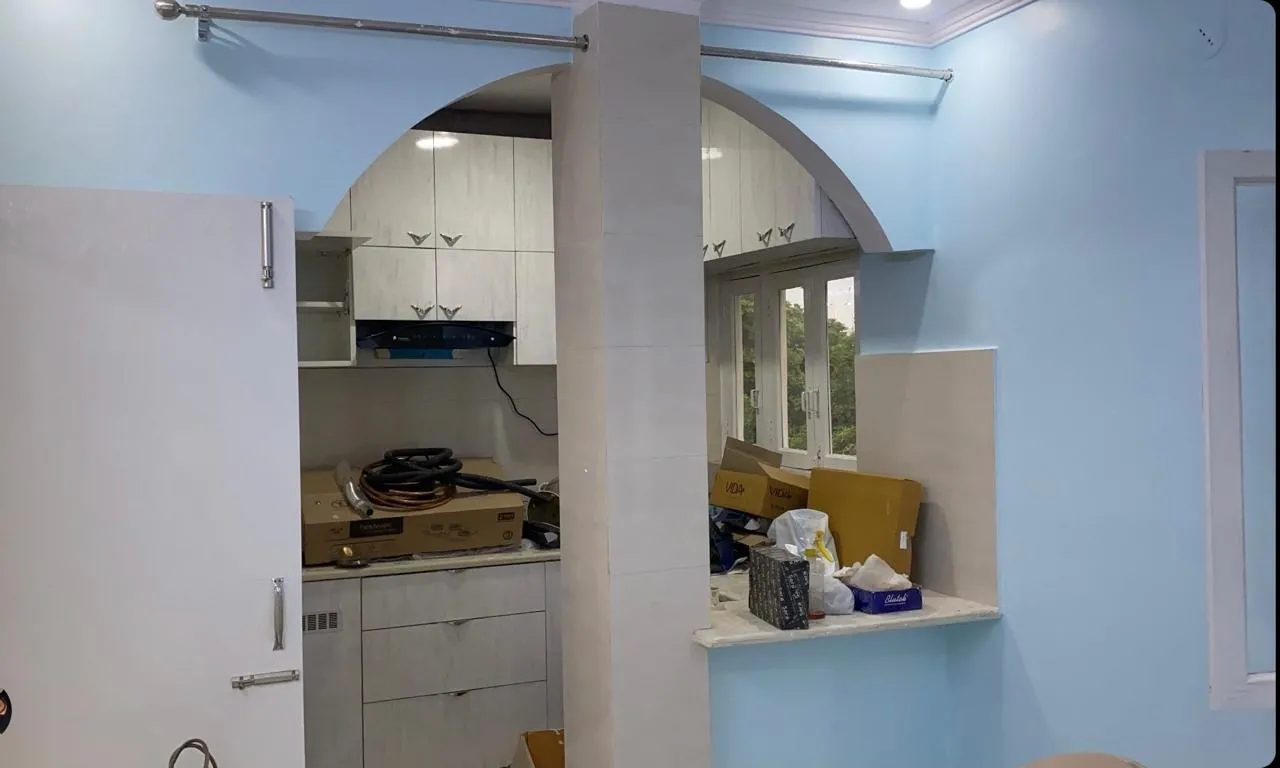Air quality panel concerns. amended Grap regulations to reduce air pollution in the National Capital Region
By Bricksnwall | 2024-09-18

The commission maintained
that the new measures will be implemented as and when required, depending on
daily AQI estimates for Delhi and NCR.
The Commission for Air
Quality Management (CAQM) has announced revised Graded Response Action Plan
(Grap) recommendations to combat chronic air pollution in the National Capital
Region (NCR) and its neighbouring areas.
These updates, issued under
Section 12 of the Commission for Air Quality Management in NCR and Adjoining
Areas Act, 2021, were in response to the need for stricter, more predictive
measures to address deteriorating air quality, especially during the winter
months when pollution levels typically peak.
The commission maintained
that the new measures would be implemented as needed, depending on daily AQI estimates
for Delhi and the National Capital Region.
The updated recommendations
propose raising parking fees to combat vehicular pollution by discouraging
private vehicle use and encouraging public transport. Officials stated that the
goal of this policy is to reduce traffic congestion and pollution, particularly
during the winter.
The original Grap, initially announced by the Ministry of Environment, Forests, and Climate Change in January 2017, was based on recommendations by the Central Pollution Control Board (CPCB). It has subsequently become an important instrument for regulating air pollution in Delhi-NCR, defining tiered measures based on the severity of the air quality index (AQI).
According to authorities at
the Uttar Pradesh Pollution Control Board, the plan has been revised multiple
times to reflect developing environmental issues and new insights learnt from
its implementation over time.
To be sure, the most recent
revisions were made following deliberations by the Grap sub-committee on August
13, 2024, which took into account contributions from many sectors, particularly
building and demolition and vehicular/transportation, as well as on-the-ground
learnings from the previous years.
"The commission had
already reviewed and amended the Grap program in 2022, and the revised rules
went into effect on October 1, 2022. Following additional experiences from the
winter of 2022-23, another change was developed and issued on October 6,
2023," according to a letter from CAQM sent on Tuesday to the UP
government and local government entities.
The most recent update,
announced on Tuesday, included additional changes intended to improve the
plan's performance.
The amended Grap standards
are a critical step towards tackling rising air pollution levels in the NCR,
especially as winter approaches. "Timely implementation of these measures
is critical to mitigating the impact of air pollution on public health, and we
look forward to working closely with local authorities to ensure strict compliance
and effective execution of the updated plan," said Utsav Sharma, UPPCB's
Noida regional officer.
Meanwhile, the air quality
in the National Capital Region continued to be poor. According to CPCB data,
Greater Noida had a "poor" AQI of 216 on Tuesday, while Noida's AQI
was "moderate" at 194, emphasising the importance of implementing
these improved measures.
As winter approaches, the region's air quality often deteriorates due to causes such as stubble burning, traffic emissions, and industrial operations.
Source: Hindustan Times




